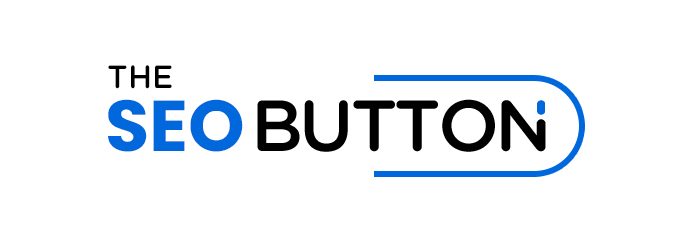In the digital age, your website serves as the frontline of your business operations. However, this digital forefront is constantly under threat from hackers who employ a variety of sneaky tactics to undermine your site’s integrity and SEO rankings. Understanding these risks and implementing robust security measures is crucial, especially if your business relies heavily on organic search traffic for revenue.

What Hackers Do to Your SEO
Malicious Software and Spammy Links
Hackers can inject malicious software or spammy links into your website. This type of attack can drastically alter your search engine rankings. Google’s algorithms are designed to penalize sites that engage in Black hat SEO techniques, which includes hosting spammy backlinks and malicious content.
Content Scraping and Duplicate Content
Content is king in the realm of SEO. Hackers can scrape your high-quality content and repost it elsewhere. This leads to duplicate content issues that can confuse search engine algorithms, diluting your visibility and reducing the efficacy of your digital marketing efforts.
SEO Spam Attacks
Cybercriminals often use compromised websites to carry out SEO spam attacks. They might redirect your visitors to malicious sites or stuff your pages with irrelevant keywords and spammy keywords, aiming to manipulate search rankings temporarily. This not only disrupts your user-focused content creation but can also lead to severe penalties from search engines.
Unauthorized Access and Malicious Changes
By gaining admin access to your site, hackers can make unauthorized changes that can range from subtle to drastic. They might alter your source code, add invisible content, or manipulate your site’s content management system, all of which can have negative consequences on your SEO.
How to Protect Your Site and SEO
Implement Robust Security Measures
Start with basic steps such as installing security plugins and ensuring all your software, including plugins and themes, are up-to-date. Use strong passwords and change them regularly to prevent unauthorized access. Implementing an application firewall can also provide an additional layer of security.
Regular Monitoring and Audits
Regularly monitor your website for suspicious behavior and conduct security audits to identify any security vulnerabilities. Using security monitoring tools can help detect and mitigate potential threats promptly.
Educate Your Team
Awareness and education are your best defenses. Ensure that your team understands the importance of security measures and knows how to recognize phishing attacks and other common threats.
Backlink Profile and Content Review
Keep a close eye on your backlink profile and regularly review the content on your site. Tools like the Search Console can help identify and disavow spammy backlinks that could harm your search rankings.
Stay Updated on SEO and Security Trends
The landscape of SEO and digital security is ever-evolving. Staying informed about the latest security threats and SEO guidelines can help you adapt your strategies to protect your site effectively.
Conclusion
The integrity of your website’s SEO is vital for sustaining visibility in search engine results and, by extension, your business’s long-term success. Taking proactive measures to secure your website not only protects against potential cyber-attacks but also safeguards your reputation, ensuring that you maintain the trust of your potential customers and continue to grow organically.
Discover More in Our Video
Learn how hackers can affect your SEO and discover essential strategies to protect your website in our concise video below.
